 Disruptions by Taysir Batniji © Taysir Batniji 2024 courtesy Loose Joints
Disruptions by Taysir Batniji © Taysir Batniji 2024 courtesy Loose Joints Taysir Batniji's Disruptions offers a haunting meditation on the intersection of displacement, technology, and the resilience of family bonds under the weight of colonial violence. In Disruptions, the significance lies not in what is visible in the fragmented images, but in what is absent from them.
The work, comprised of degraded screenshots taken during WhatsApp video calls between Batniji and his family in Gaza, uses the seemingly mundane act of digital communication to explore deeper themes of separation, memory, and the trauma of war. This book, which spans a period from April 2015 to June 2017, captures the fragility of virtual connections in a world beset by geopolitical conflict. For Batniji, these images are not just glitches but potent symbols of the ongoing struggle for Palestinian freedom.
Disruptions, which was recently named Photobook of the Year at this year's Paris Photo-Aperture PhotoBook Awards, is an incredibly timely release offering a critical reflection on Gaza, with its poignancy becoming even more pronounced amidst the ongoing genocide. In the book, Batniji dedicates the work to his mother, who passed away in 2017, and the fifty-two members of his immediate family who died during Israeli bombings in November 2023, including his sister Hanan, her husband Abd Elrahim, their children and grandchildren, his cousins Mansoura and Bakr, and all those who sought refuge in his family home in the Al-Shijaya neighborhood. He also honors his brother Fayez, who passed away shortly after his sister due to a lack of medical care in Gaza.
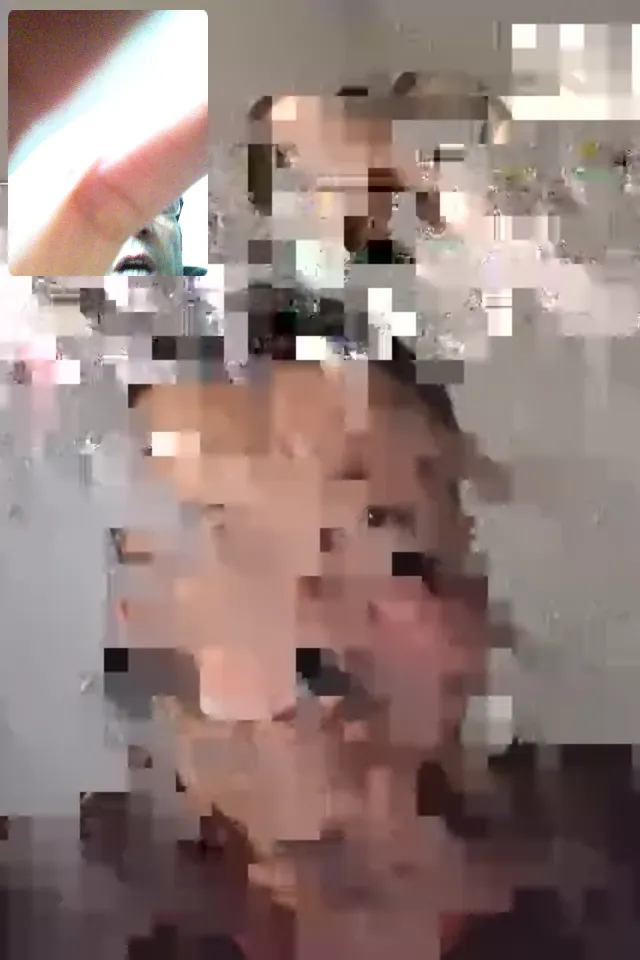
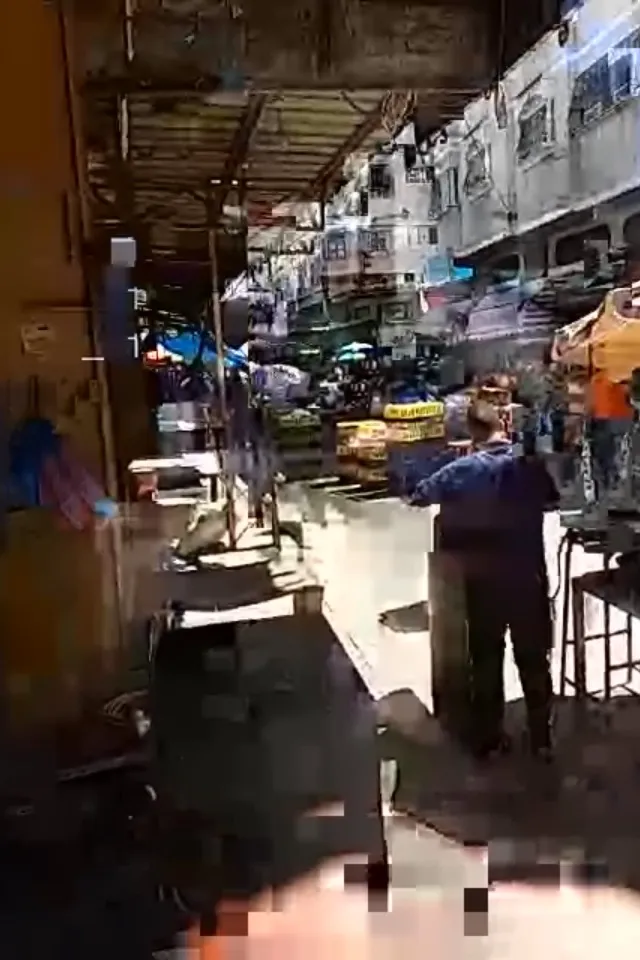
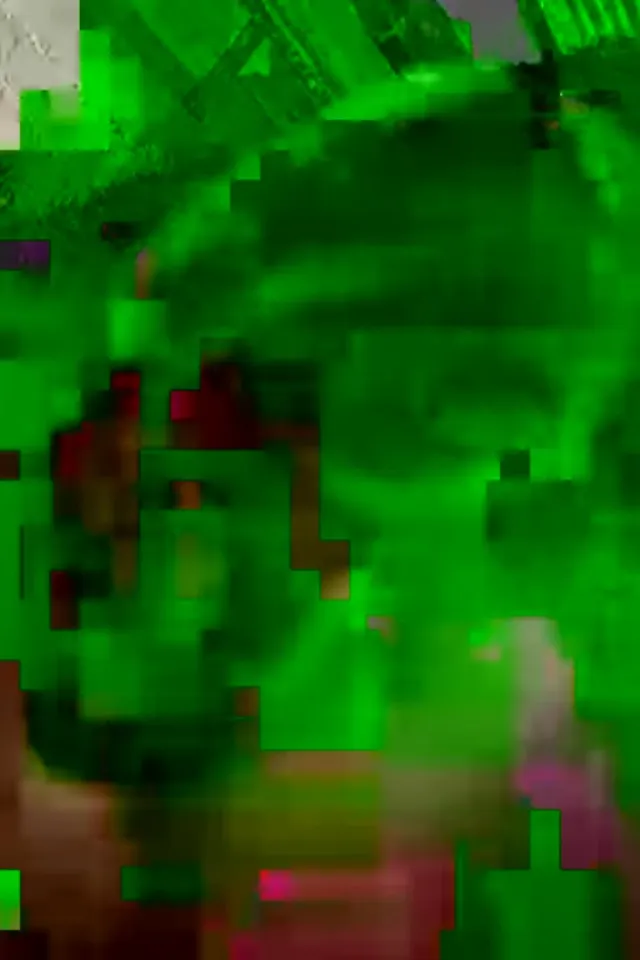
Batniji's life is marked by displacement, having been born in Gaza in 1966 and later moving to France in 1994. Over the years, he has repeatedly attempted to return to Palestine, yet each attempt is thwarted by the political and social realities of occupation and exile. The artist's ongoing separation from his homeland and family, coupled with the inability to return permanently, forms the emotional core of Disruptions. Through the digital space of WhatsApp calls, Batniji attempts to bridge the vast physical distance between himself and his family, but these video calls are never without interruption. Just as Gaza's everyday life is interrupted by airstrikes, blockades, and surveillance, Batniji's digital encounters are punctuated by glitches, pixelated distortion, and lost connections, all of which mirror the harsh realities of life under occupation.
The glitch—the pixelated, broken image that appears as a technical error—becomes a central motif in Batniji's work. Far from being a mere defect, the glitch is used deliberately to symbolize the fragmentation caused by war and colonial violence. In the distorted faces of his family members, Batniji captures not only the technical failures of digital communication but also the emotional and physical distance between them, a distance that can never be bridged by technology alone. The aesthetic of the glitch, with its randomness and imperfection, speaks to the larger condition of Palestinian existence: a life interrupted, displaced, and erased by forces beyond its control. Despite their abstract appearance, the images speak tangibly of absence, with glitch working as a reminder of distance.
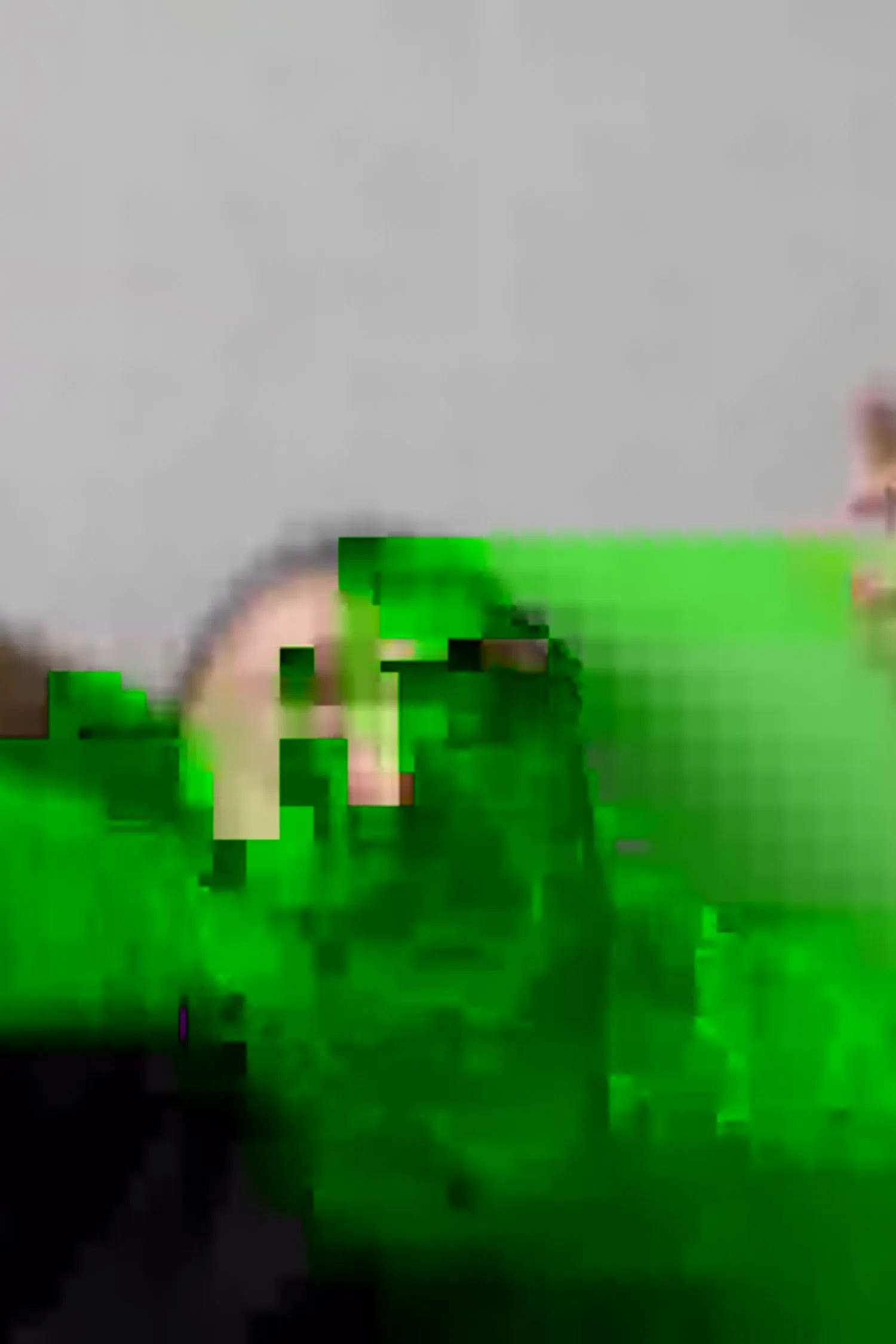
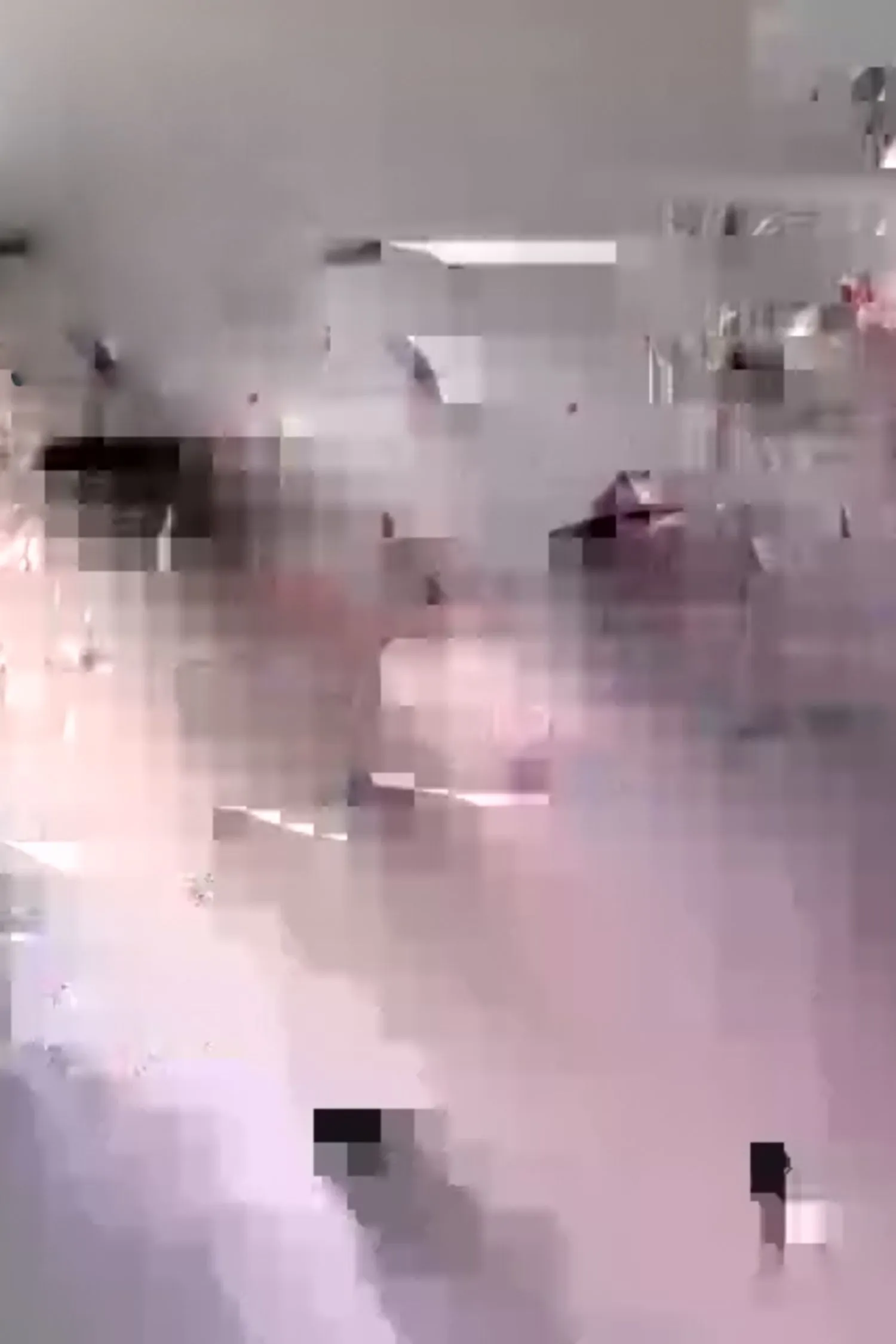
The book is accompanied by Taous Dahmani's essay, in which he references the iconic Palestinian poet Mahmoud Darwish's To My Mother.
Dearly I long for my mother’s bread / My mother’s coffee / Mother’s brushing touch.
While Darwish's words evoke an idealized memory of the motherland, Batniji's images reveal the painful rupture between memory and reality. However, both the poem and the photographs serve as a "repository of grief," as Dahmani writes, providing a way of processing the collective sorrow of a people whose humanity is often obscured or denied. The distorted images, suffused with green hues and fractured shapes, represent not just Batniji's personal loss but the broader trauma of Palestinians under occupation, whose lives and histories are often rendered invisible or distorted by external forces.
"Here, photography operates as evidence, not so much because it shows “reality” but because it exposes the consequences of the decisions of some on the lives of others. By extension, photography leaves a trace of the Palestinian condition: a proof of displacement and dispossession," Taous Dahmani.
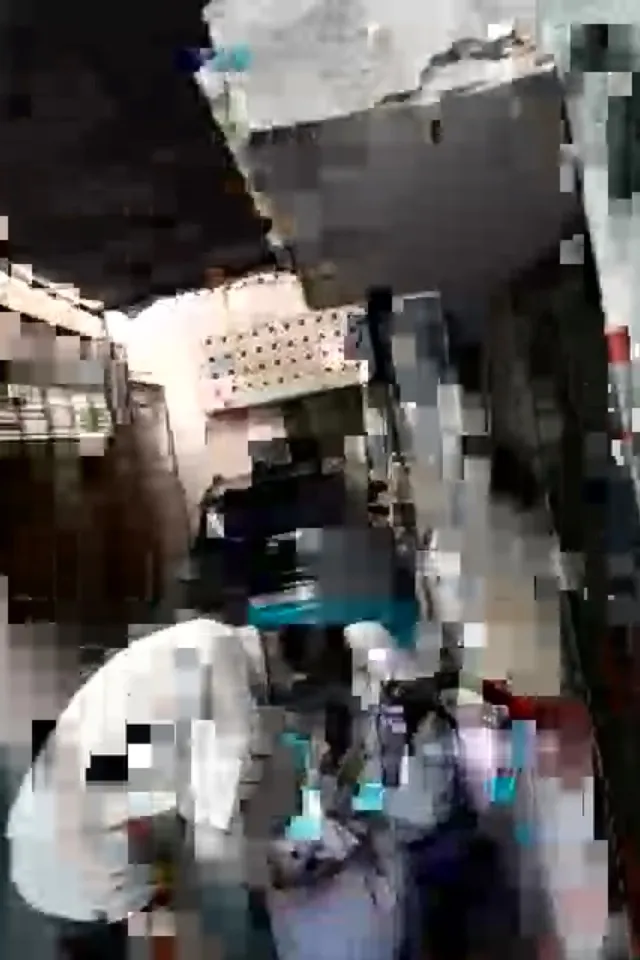
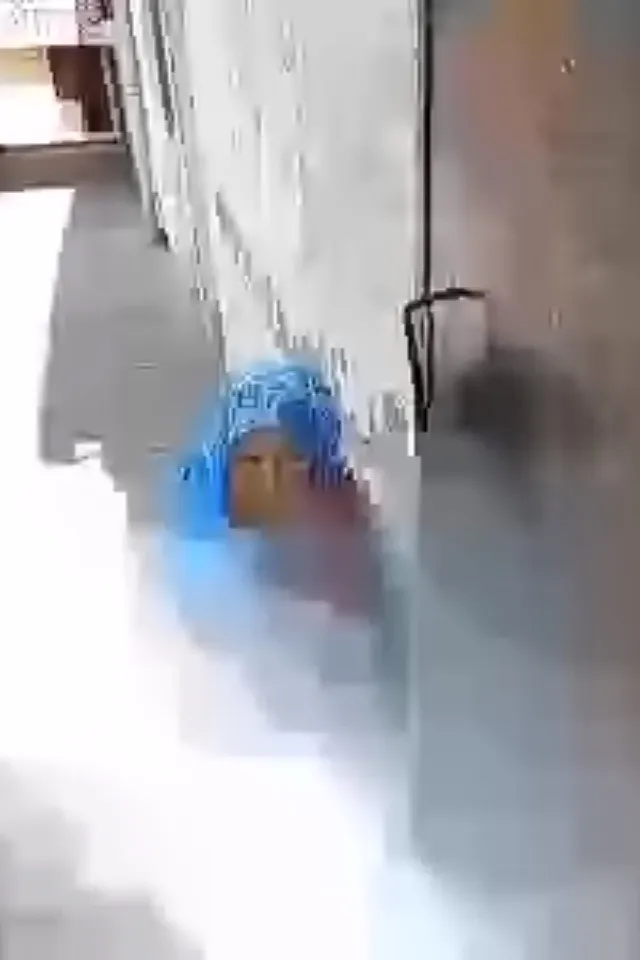
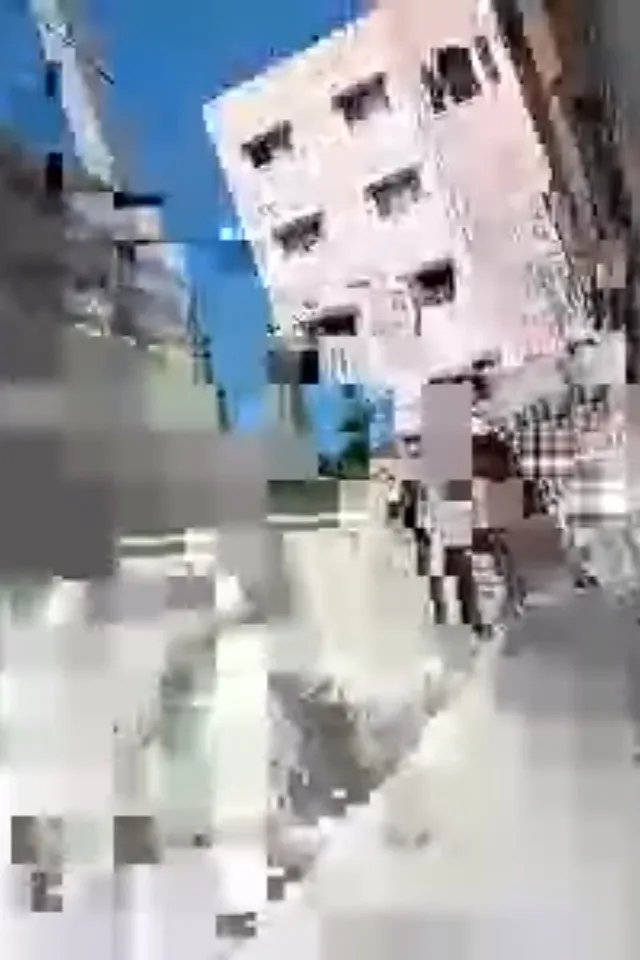
Disruptions is more than a collection of fragmented images; it is a testament to the resilience of the human spirit in the face of systemic violence. The pixelated screenshots are not just artistic gestures—they are powerful acts of resistance. Batniji's work draws attention to the erasure and dispossession of the Palestinian people, but it also points to their survival, their ability to persist despite the forces that seek to diminish them. This work is a call to recognize the lived realities of Palestinians, to bear witness to their stories, and to understand that the struggle for freedom is ongoing.
"The abstract value of the glitch establishes a new type of document: evidence of the instability that rules over the Palestinian people, and of the survival of images, despite it all."
Ultimately, Disruptions is a profound reflection on memory, loss, and the power of images to reveal the invisible forces shaping our world. Published by Loose Joints in solidarity with the legitimate struggle for Palestinian freedom, all proceeds from the publication go to Medical Aid Palestine, an NGO providing essential medical care in Gaza. This gesture underscores the urgency of supporting Palestinian lives and voices in a world that often overlooks their suffering.